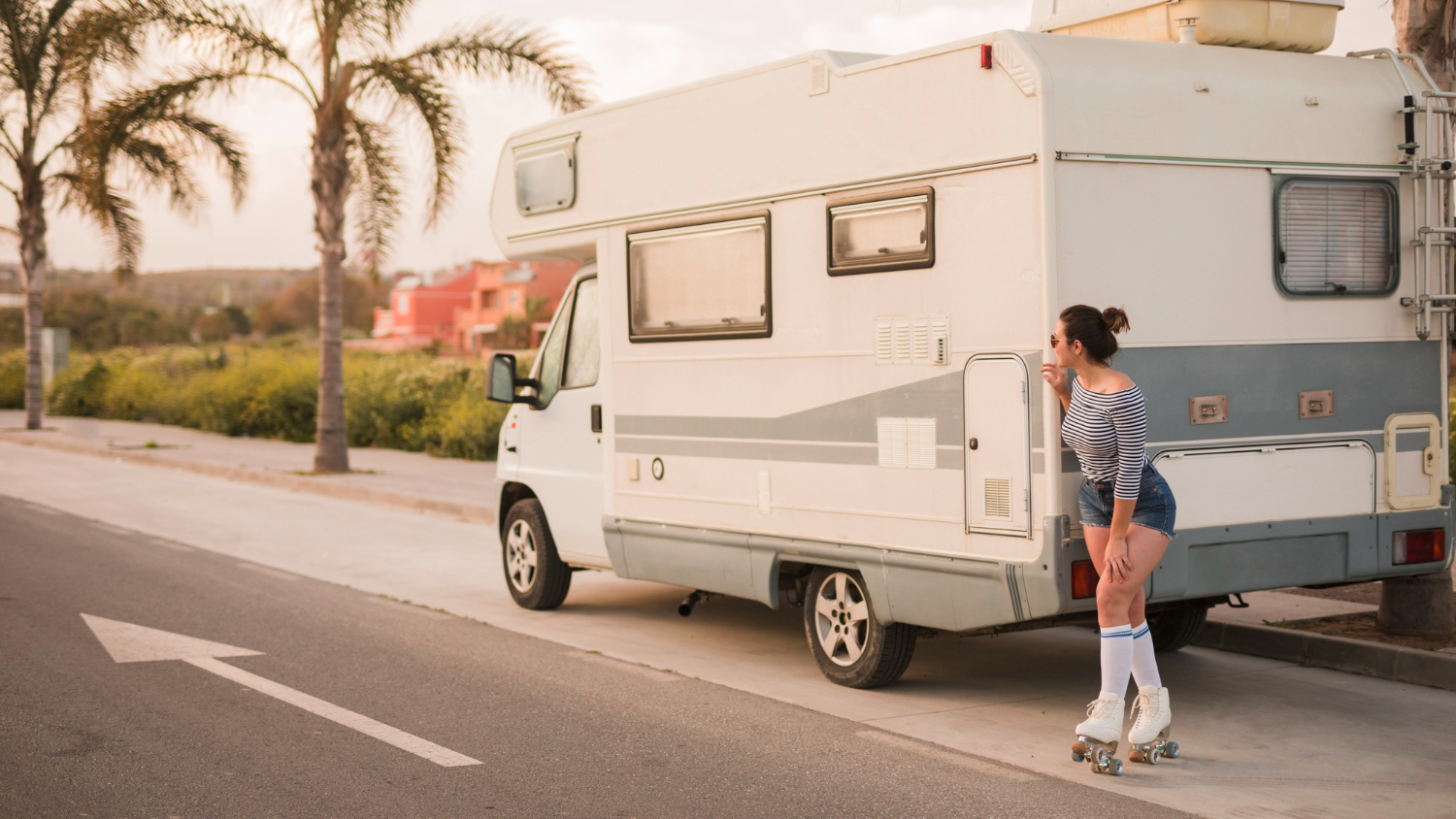If you’re like many RV owners, you probably use your motorhome or travel trailer during specific times of the year—spring road trips, summer camping, or fall getaways. But what about the months when your RV is parked and not in use? Are you still paying full price for insurance coverage you don’t actually need?
The good news is, you may be able to save money on RV insurance during off-months without sacrificing the protection your investment needs. Here’s how seasonal RV owners can adjust their insurance, lower premiums, and make smarter financial decisions during periods of non-use.
Understanding Seasonal RV Insurance
RV insurance is often more flexible than traditional auto coverage, especially for part-time or recreational use. If your RV is parked in storage during the winter or other off-seasons, some insurers allow you to reduce or suspend certain coverages to lower your premium.
This approach ensures that you’re not overpaying when your RV isn’t on the road, while still keeping it protected against risks such as theft, vandalism, or storm damage.
What Coverage Can Be Reduced During Off-Months?
Here are the types of coverage that may be eligible for adjustment when your RV is not in use:
Liability Coverage
-
This covers injuries or damage you cause to others while driving.
-
Often not needed during off-season if your RV stays parked.
-
May be required by lenders or state laws—check before removing.
Collision Coverage
-
Pays for damage to your RV from a crash with another vehicle or object.
-
Can usually be suspended during storage, when the RV isn’t being driven.
Comprehensive Coverage
-
Covers non-collision-related damage such as theft, fire, vandalism, or weather events.
-
Should remain active year-round, even during storage, to protect your RV from common risks.
Coverage You Should Keep Active All Year
Even during months of non-use, certain coverages should remain in place:
Comprehensive Insurance
Protects your RV from the most likely off-season threats—fire, theft, storm damage, and vandalism.
Personal Property Protection
If you store valuables like electronics, appliances, or camping gear in your RV, make sure they’re covered.
Storage or Lay-Up Coverage
Many insurers offer a specialized storage-only policy that maintains comprehensive protection while removing road-related coverages. This option is often much cheaper than a full policy.
Tips to Reduce RV Insurance Costs in the Off-Season
Ask About Lay-Up or Storage-Only Policies
Some insurers provide policies designed specifically for seasonal RV use. These adjust automatically during your chosen storage months, and return to full coverage when travel season resumes.
Switch to Usage-Based Insurance
Usage-based or pay-per-mile insurance plans track how often you drive and adjust premiums accordingly. This can lead to major savings for RVers who only travel a few times a year.
Bundle Your Insurance Policies
Bundling your RV insurance with auto, home, or other policies may qualify you for multi-policy discounts.
Raise Your Deductible
If you’re unlikely to file a claim while your RV is stored, consider raising your deductible to lower your premium. Just be sure you can cover the higher out-of-pocket cost if needed.
Remove Optional Add-Ons
Look at your policy for add-ons like roadside assistance or vacation liability. These may not be needed during storage months and could be removed to reduce costs.
When You Should Not Reduce Coverage
Adjusting coverage is not always advisable. You should keep full coverage if:
-
Your RV is financed and your lender requires full insurance.
-
Your RV is stored outdoors or in an unsecured area.
-
You live in a region prone to severe weather like hail, flooding, or wildfire.
In these situations, the risk of loss is higher—and full coverage is worth the added cost.
Reactivating Full Coverage Before Travel
If you reduce your coverage during the off-season, make sure to reinstate full protection before driving your RV again. Driving with incomplete coverage can leave you exposed and may void certain claims.
Most insurers allow you to restore full coverage with a simple phone call or through your online account.
If you only use your RV during part of the year, there’s no reason to pay full price for insurance year-round. Adjusting your policy during off-months can lead to significant savings without compromising important protection.
The key is to:
-
Keep essential coverages like comprehensive active
-
Avoid dropping coverage required by lenders or state law
-
Restore full protection before your next road trip
With a little planning, seasonal RVers can enjoy better insurance value—and more money in their travel budget.

